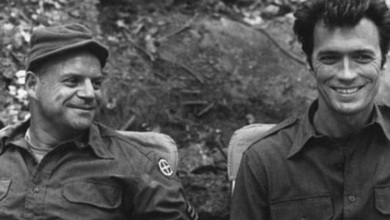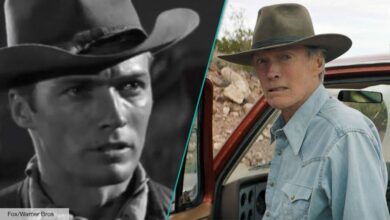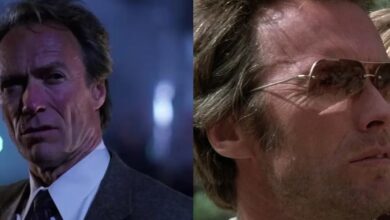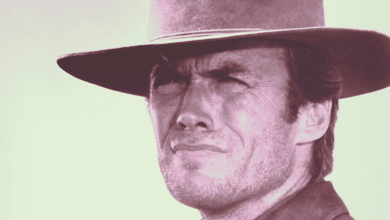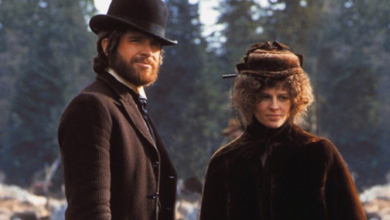1 Factor in Sergio Leone Films Was Almost as Equally Important to the Plot as Clint Eastwood
There is also one aspect of Sergio Leone films that is almost as crucial as Eastwood to the story
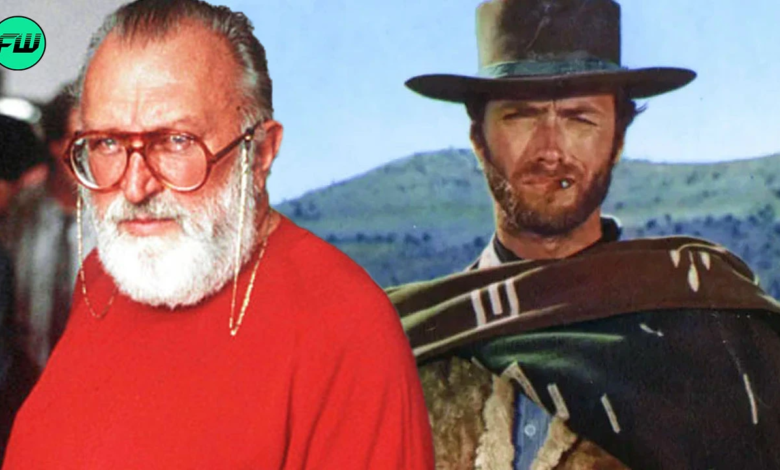
SUMMARY
- Clint Eastwood remains one of the greatest directors of all time, with a range of iconic projects under his belt.
- The same is true with respect to his acting career, and Eastwood has especially worked in a range of Sergio Leone films
- One particular aspect of the director’s work proved to be just as important as Clint Eastwood’s presence on the movie.
Clint Eastwood is one of Hollywood’s most skilled directors, but that doesn’t mean he hasn’t acted in several iconic films as well. This included his legendary role as Blondie in The Good, The Bad and The Ugly. That said, there is one factor in Sergio Leone’s films that was almost as important to the story as Eastwood.
Clint Eastwood has also been part of other iconic films such as Dirty Harry, A Fistful of Dollars, and many more iconic projects. That said, there is no doubt just how dedicated he has been to all of his films so far in his career.

The One Factor That Was Crucial To Sergio Leone Movies Almost As Much As Clint Eastwood
Sergio Leone’s distinctive style allowed for more time and space for music in his films, enabling a deeper collaboration with composers like Ennio Morricone. Naturally, one can’t imagine Leone without Clint Eastwood either.

While speaking in an interview with Jon Burlingame & Gary Crowdus, Ennio Morricone emphasized the importance of the director’s choice in allocating time for music. He stated that even ten seconds of audible music when well-placed, can be a more effective collaboration than ten minutes drowned out by dialogue or action.
“Sergio Leone allowed a lot more time and space for music; that was his stylistic choice. And since there was more music, people heard more music. And if they heard more music, they noticed it more. And if they noticed it more, they were able to assimilate it more. This is a sign that is very important to a composer, because now he finds himself collaborating on a more intense level and his music becomes an integral part of the film itself. I will make a very simple, paradoxical statement. If a director gives a composer ten seconds of time, he cannot be heard and therefore cannot collaborate with the director.
However, if a director gives ten minutes of time, the composer can express himself properly. If the ten minutes that you have been given can be heard, and it is not drowned out by either the dialog between the characters or the special effects and action – which distract the public from the music – then the music will be appreciated. However, if in those ten minutes you cannot even begin to hear any musical expression, because of the dialog or action taking place at the same time, the music is completely destroyed. Therefore, ten seconds of music, if it can be heard, is a far better collaboration between director and composer than ten minutes of music which has been stifled by other factors within the film. The final decision of whether to hear the music or not remains in the hands of the director. If the director believes that the music serves a function as a dramatic and expressive form, then the music will be heard; if not, then it will not be heard. This is not a fault; we must always keep in mind Sergio Leone as the central character in this question.”
He made it clear that the director’s decision on whether the music serves a dramatic purpose ultimately determines its impact, with Morricone highlighting Sergio Leone as a pivotal figure in this dynamic relationship.
Clint Eastwood Didn’t Want To Do The Good, The Bad and The Ugly At First
By the mid-1960s, Clint Eastwood had already established himself in the Western genre as a bonafide star and was looking for new challenges in his career. When originally asked to appear in the film, he declined for several reasons.
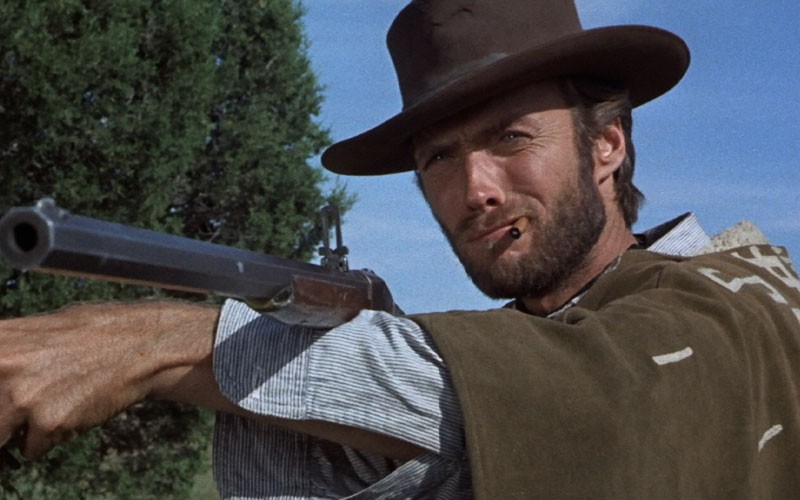
One factor was Eastwood’s disappointment in sharing the screen with two established actors, Eli Wallach and Lee Van Cleef. He wasn’t really happy about Wallach’s character being given the best dialogues. In addition to that, Eastwood was offered lesser pay, as his status as a major star in the United States wasn’t really established then.
Thankfully, the producers were eager to have Eastwood on board for the film. Therefore, they offered him a $250,000 salary, 10% of the profits and a new Ferrari 275 GTB. In the end, Eastwood accepted and the rest is history.

